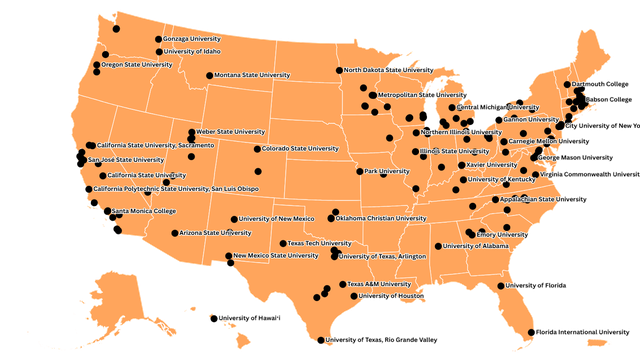
Statistics of US universities with international students whose visas were revoked as of April 11
PHOTO: INSIDE HIGHER ED
Visa revocation spreads to 29 states
As a highereducation website of the UK-based Times Higher Education, Inside Higher Ed has been continuously counting the number of international students whose visas have been revoked across the US since April 8. This data is collected based on public reports or direct exchanges with US universities and colleges and is updated at least twice a day. As of 5 p.m. on April 11 (US time), at least 844 international students at more than 160 US universities and colleges had their visas revoked.
Many international students in the US have their visas revoked
The type of student visa that is revoked is usually an F-1 (for full-time students) or a J-1 (for exchange students). And if the visa is revoked and the legal residence status is revoked, the student is considered to be residing illegally and must immediately leave the country or face arrest and detention until the day of deportation.
However, if only the visa is revoked, international students still have some other rights, including the right to stay in the US as long as they do not leave the country and then try to return, according to immigration attorney Jath Shao. Typically, students cannot appeal a visa revocation but can still apply for a new visa, Mr. Shao added.
It is noteworthy that according to statistics, visa revocation occurs in all types of schools, from public schools such as the California State University system (36 people had their visas revoked), Arizona State University, Oregon State University (12), University of California at Berkeley (23)..., to top private schools in the US and the world such as Harvard University, Johns Hopkins University (12), Columbia University (7), Stanford University (6), Yale University (4), Duke University, MIT (3), Dartmouth College (2)...
In addition, San Mateo County Community College District, a system of public community colleges in California, also recorded 1 case of student visa revocation.
According to Inside Higher Ed , the trend of revoking student visas began spreading a few weeks ago, since the US Secretary of State said on March 27 that the State Department had revoked more than 300 student visas from people he called "crazy people". Mr. Rubio stated that the students whose visas were revoked came to the US "not only to study but also to participate in movements to destroy universities, harass students, occupy buildings and cause chaos".
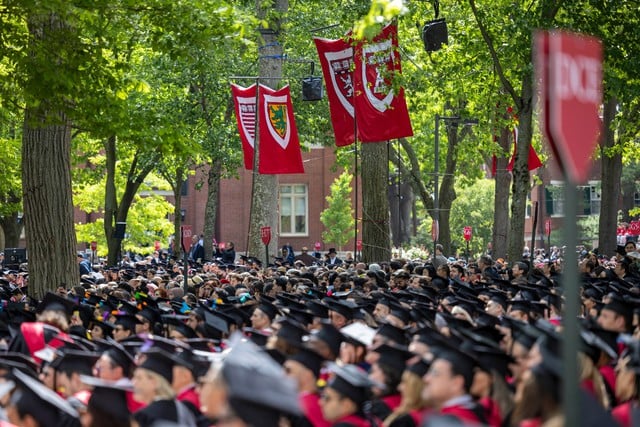
Students at the graduation ceremony of the top university in the US, Harvard. This is the school that currently records 12 international students having their visas revoked.
PHOTO: HARVARD UNIVERSITY
"Most university officials said they were unclear about why the legal status of these foreign students was terminated, or that they had not received any official notice of the changes. Most officials had not received any contact from immigration authorities," the newspaper said, adding that some of those whose visas had been revoked had participated in anti-war protests or political advocacy activities.
Others were found guilty of “minor offenses” such as speeding or driving under the influence. In some cases, students had their student visas revoked for criminal offenses, “even though they were found not guilty or their cases were dismissed,” said Peter Thomas, assistant vice president for global services and senior international officer at Campbellsville University in Kentucky.
Another point is that visa revocations have now occurred in at least 29 out of 50 states in the US, according to statistics on April 10 by NBC News in the US.
Universities in a passive position
In the United States, many schools say they were completely unaware that their students’ visas had been revoked. Stanford University, for example, said it only discovered that six of its students had had their visas revoked during a routine check of the Student and Exchange Visitor Information System (SEVIS) database, maintained by the U.S. Department of Homeland Security and the U.S. Department of State. And the same is true for many other universities.
"All schools are closely monitoring their SEVIS databases, updating student residency status daily and preparing for everything from on-campus ICE raids to legal challenges from students," Inside Higher Ed reported.
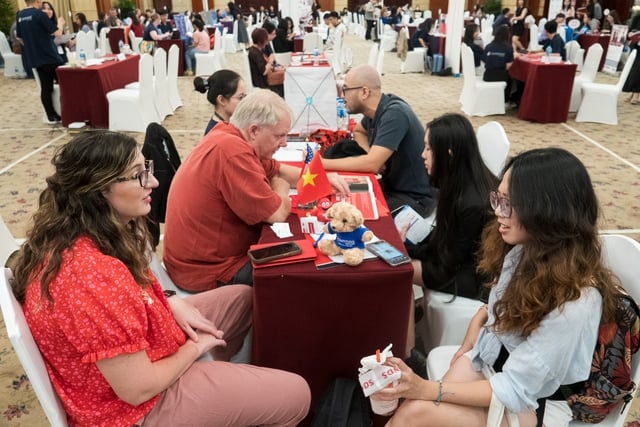
Vietnamese students listen to advice from US university representatives at a study abroad event held in 2024.
PHOTO: NGOC LONG
A university principal who requested anonymity said that since discovering that international students had their visas revoked, "there has been a new case almost every day."
Previously, speaking to Thanh Nien , leaders of several American universities said that they always welcome and have many plans to support Vietnamese students studying abroad. They said that the school has its own office to support international students, and that "inappropriate policies will be challenged in court". They also advised Vietnamese students to limit posting "controversial" content before and after coming to the US.
According to statistics from ICE, in 2023, a total of 31,310 Vietnamese people studied in the US, ranking 6th in terms of the number of international students. This is the first time the number of Vietnamese people studying in the US has reached more than 30,000 after 2 years below 30,000. However, if we consider the number of Vietnamese students in schools from kindergarten to high school, Vietnam is the 5th largest with 3,187 people, behind China, South Korea, Mexico and Spain.
The picture of studying abroad in the US is currently changing. With many students having their visas revoked, some US universities advise international students and lecturers, even if they have green cards, to avoid leaving the US. A number of US universities have also stopped recruiting lecturers and cut PhD admissions while waiting for news on federal funding, especially when the US government is expressing its intention to cut or temporarily withhold funding for some leading universities.
The freeze on funding for a series of scholarships and exchange programs or the possibility of an entry ban on 43 countries has also made many international students hesitant to choose the US. According to the latest research results from StudyPortals (Netherlands), from the beginning of January to the beginning of March 2025, the number of people interested in studying for a master's or doctorate in the US has decreased by 42%, in which the sharpest decrease rate belongs to the group of students from Iran, Bangladesh, India...
On the other hand, US Secretary of State Marco Rubio a few weeks ago ordered consular officers to refer some student and exchange visitor visa applications to the “fraud unit” at the embassy or consulate for “mandatory social media checks”, The New York Times quoted two US officials as saying. If there is “hostility towards American citizens or American culture” on social media, the applicant could be denied a visa.
Source: https://thanhnien.vn/844-du-hoc-sinh-tu-hon-160-truong-my-bi-tuoc-visa-185250412145011772.htm


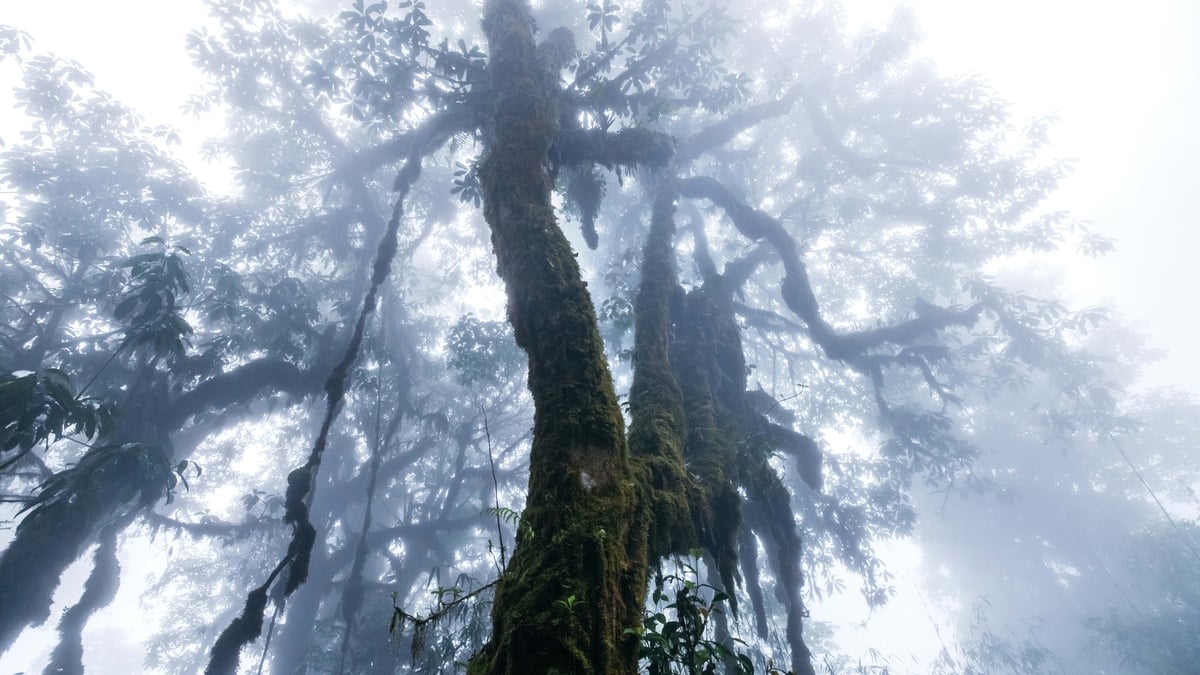

![[Photo] The Government Standing Committee works with ministries and branches on the real estate market situation.](https://vphoto.vietnam.vn/thumb/1200x675/vietnam/resource/IMAGE/2025/5/24/e9b5bc2313d14c9499b8c9b83226adba)

![[Photo] Ho Chi Minh City holds funeral for former President Tran Duc Luong](https://vphoto.vietnam.vn/thumb/1200x675/vietnam/resource/IMAGE/2025/5/24/9c1858ebd3d04170b6cef2e6bcb2019e)

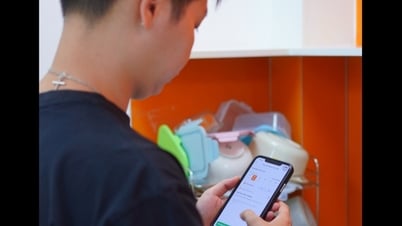


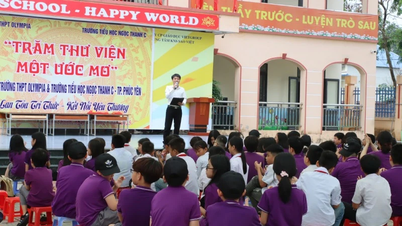
















![[Photo] Party and State leaders visit former President Tran Duc Luong](https://vphoto.vietnam.vn/thumb/1200x675/vietnam/resource/IMAGE/2025/5/24/960db9b19102400e8df68d5a6caadcf6)
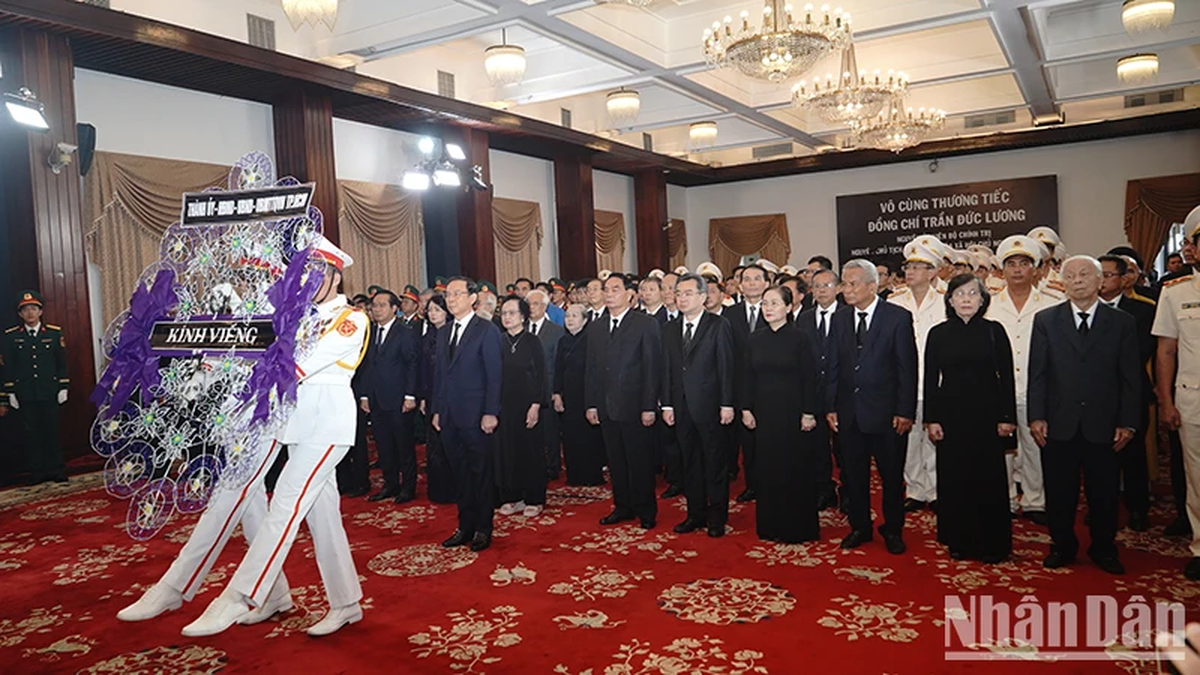

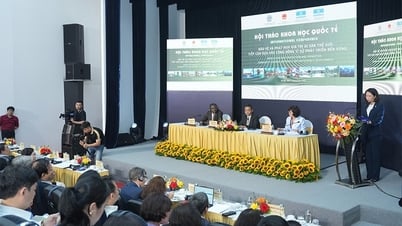



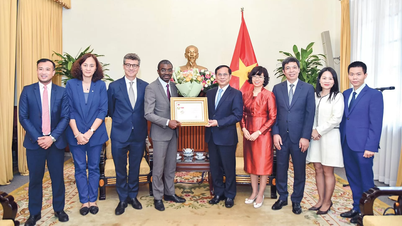






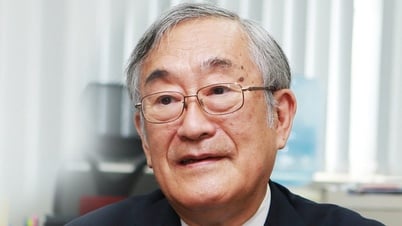

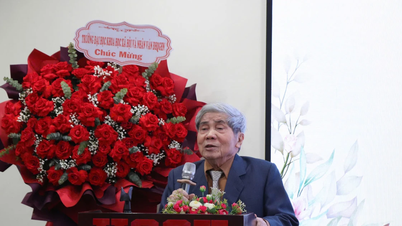















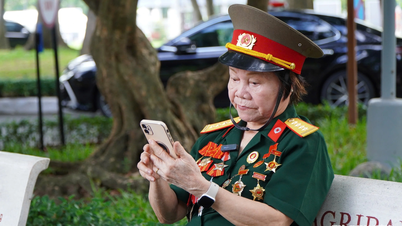
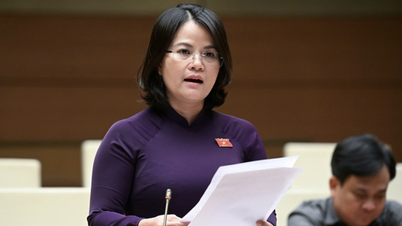
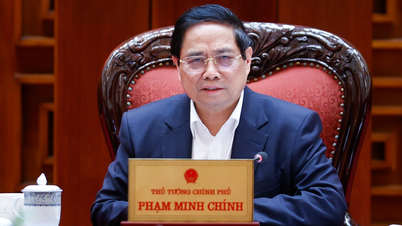
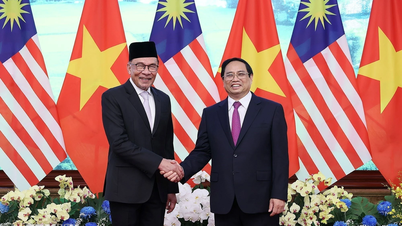
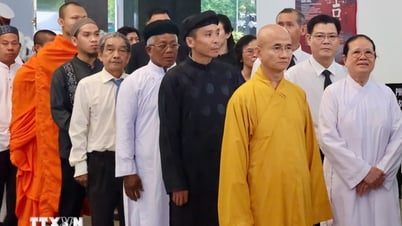
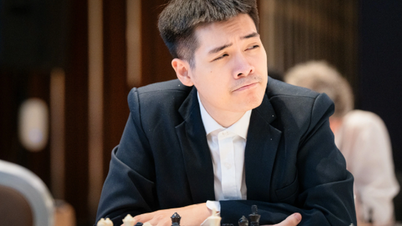







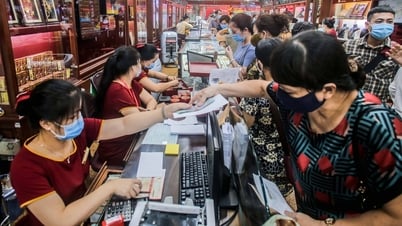

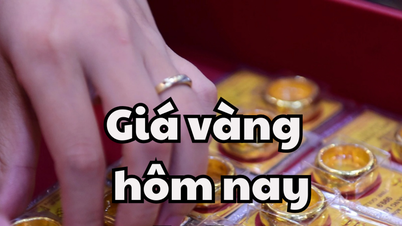




















Comment (0)